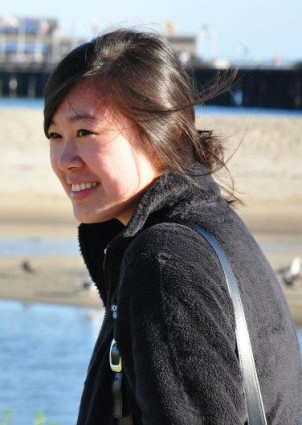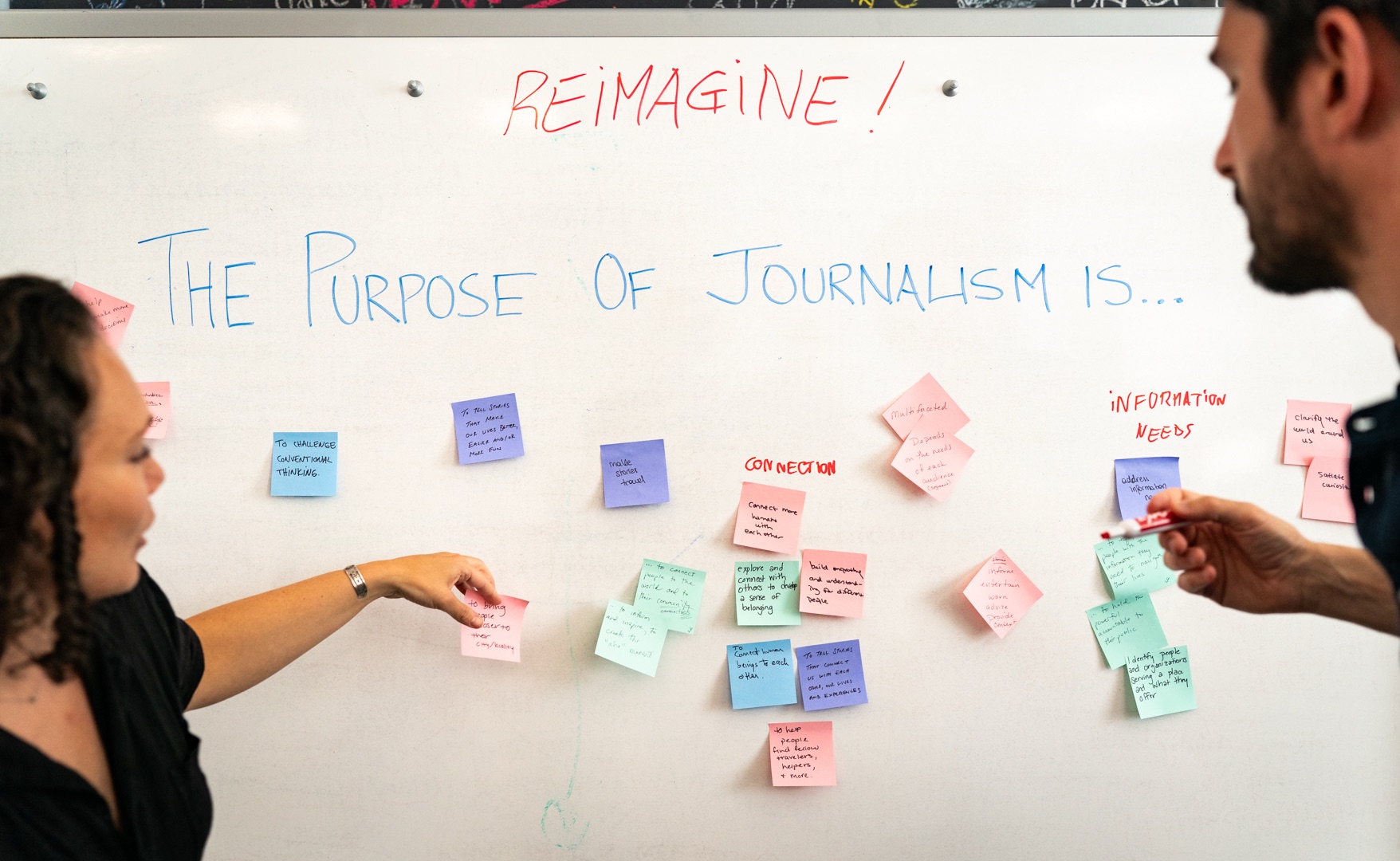
Northwestern senior Katie Zhu had no journalism experience coming into college, just a love for writing and English. Almost four years later, Zhu has become a promising young journalist in the digital news world, combining her journalism major with a computer science major that has led to a bevy of journalism internships and an engineering job with Twitter.
This technological leap from journalism was first inspired by an interactive project on the North By Northwestern website, a Flash map guide to all of the dorms on campus.
“I wanted to learn more because I’ve always been curious about how things work,” she admits. Zhu was hesitant to take the plunge into computer science, worried about joining the engineering school without an engineering background.
Then The Social Network was released in theaters. As she recalls, she was inspired by “the can-do entrepreneurial spirit” of the film. While she had no desire to build the next Facebook or be the next Mark Zuckerberg, Zhu wanted to contribute to something that could just as effectively alter the way the world interacts. She officially declared her computer science major as a sophomore.
“There are so many tools and things that software allows you to do,” Zhu says. “I think programming should be taught as reading and writing are taught in elementary school.”
Zhu began her passionate pursuit of computer programming, taking a few introductory classes. She then became involved in the Knight Foundation’s Youth Technology partnership, which allowed her the opportunity to pitch a technological project and create a prototype. Putting her growing programming skills to a different use, she merged them with a more editorial element and spent a summer as a developer for GOOD magazine.
“A lot of the cool stuff in journalism coming out is this overlap in journalism and technology,” Zhu says, thinking about how well her majors are serving her. “There’s a lot of room for experimentation. I think people are now starting to see now that it’s more important to tell stories in that way.”
She believes anyone can learn to program, with of course the right amount of dedication. But it’s more than sitting down and reading a textbook on JavaScript. To truly understand how things operate requires picking a project to work on, such as a personal website, for starters. According to Zhu, the best projects to adopt are the ones that fix a problem.
“Any problem that you have is not an original problem. People have had that problem before,” she says. This means that there is a lot of information floating around that aspiring programmers can lean on to learn the ins and outs of code.
The question then arises: What should journalists be focusing on? In terms of programming languages, Zhu recommends getting a handle on JavaScript, CSS and HTML. Heavier languages like Python and Ruby are used by major news outlets, making them useful things for journalists to understand.
Open-source communities like GitHub offer opportunities for rising programmers to practice their skills and collaborate with fellow programmers for a mutual learning experience.
Zhu’s dedication to her programming craft has certainly paid off. She has accepted a position with Twitter, and will begin work this fall. As a software engineer, she will build full-stack tools to monitor the company’s software stack. Her decision to work for a technology company as opposed to a media outlet stems from her belief that there are still many more technological skills she can learn. But despite this departure from journalistic roots, Twitter still maintains the connection.
“Twitter has this interesting relationship with news,” Zhu admits. “It’s not a media outlet but it is very much media.”
Building a product with a technical focus is well within Twitter’s wheelhouse, which will get Zhu to where she would like eventually end up professionally. While now she enjoys working on small, focused projects, Zhu hopes to eventually be able to create larger frameworks and software tools for an audience.
“I’m more interested in building more applications that enhance people’s ability to get information or ability to understand information,” Zhu says.
Currently, Zhu is interning with National Public Radio in Washington on their news applications team. She will have the chance to experience programming from an editorial perspective and will continue this trajectory as an intern for The New York Times this summer, before she officially joins the Twitter work force.
“Just because I’m not working in a news organization doesn’t mean I’m going to stop being interested.”
Zhu’s interest, and the interest of young innovators like her, is sure to keep journalism evolving as it settles into its new digital framework.
About the author





